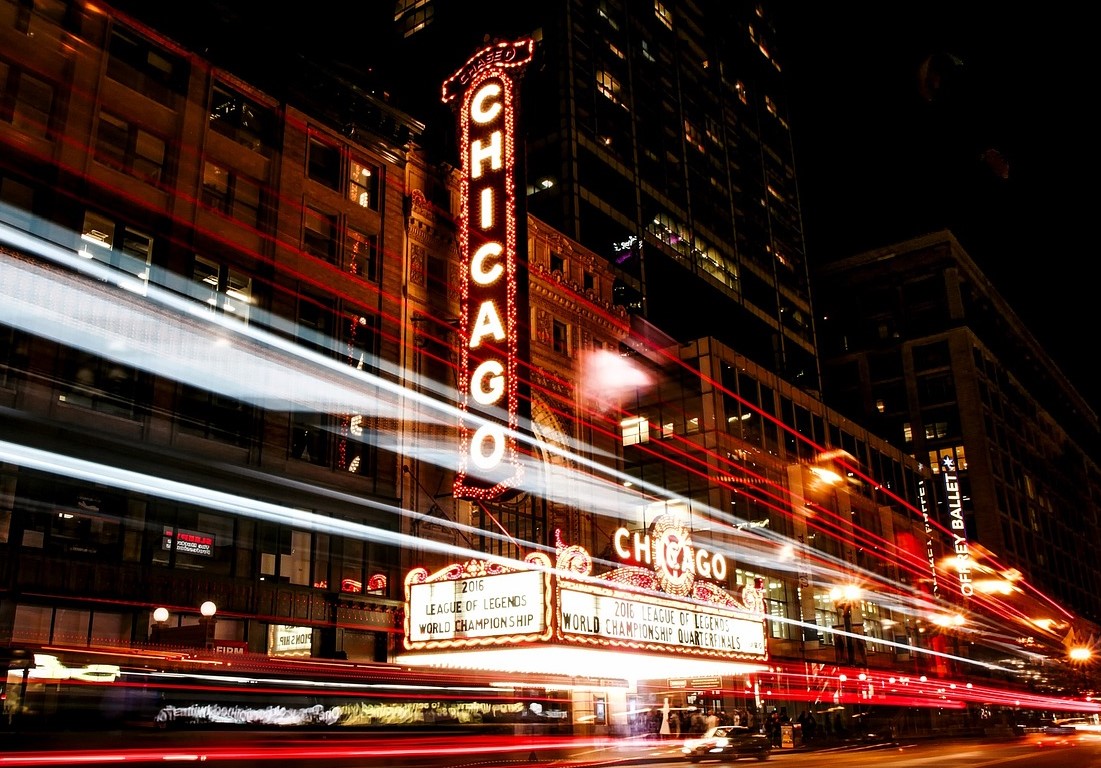
Chicago Theatre - Night | Photo by Pixabay
In this month’s Money Journal, Celia is organized and disciplined yet enjoys her life “to the Max” Welcome to Money Journal, a monthly Paypath series that examines how Americans really handle their finances. Our participants keep a journal of their earnings, spending, and savings (if any), then share what it’s like to live in their










